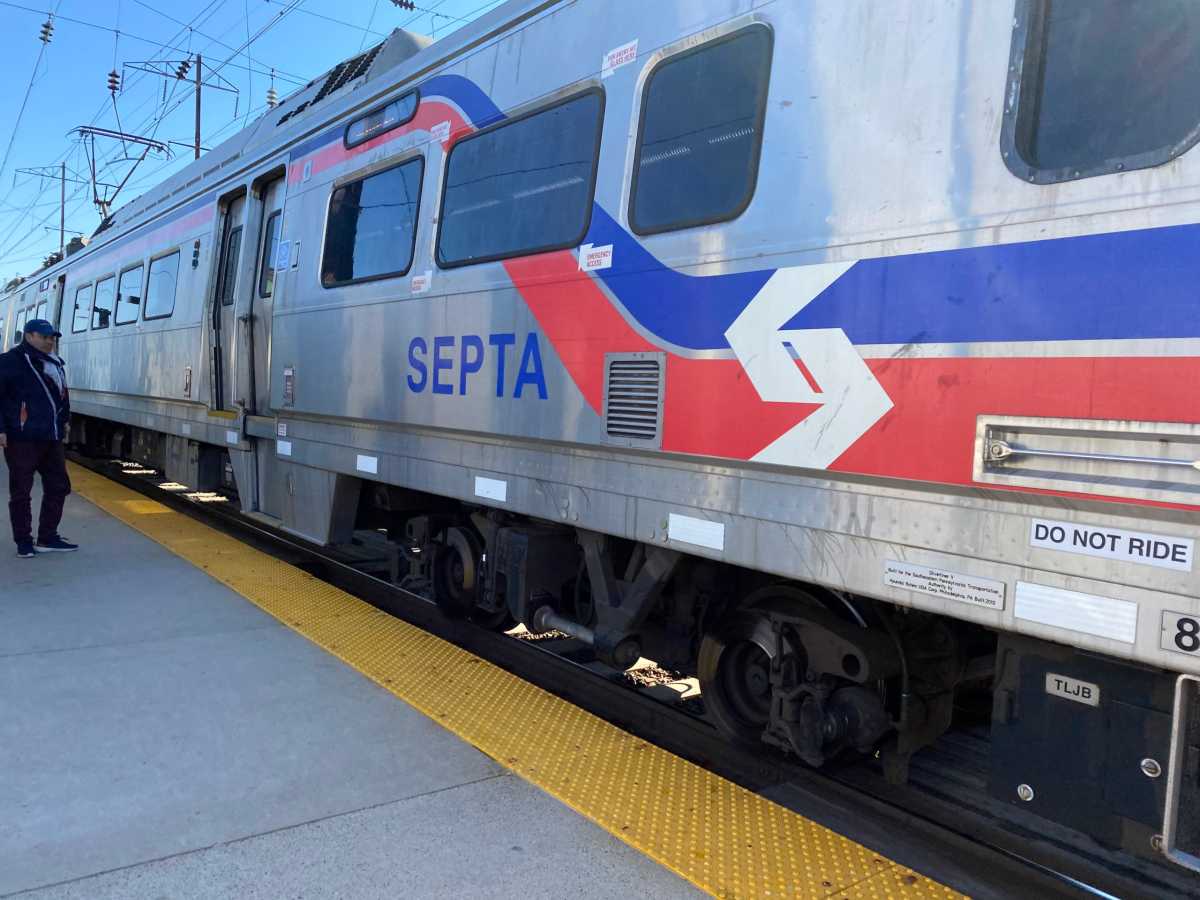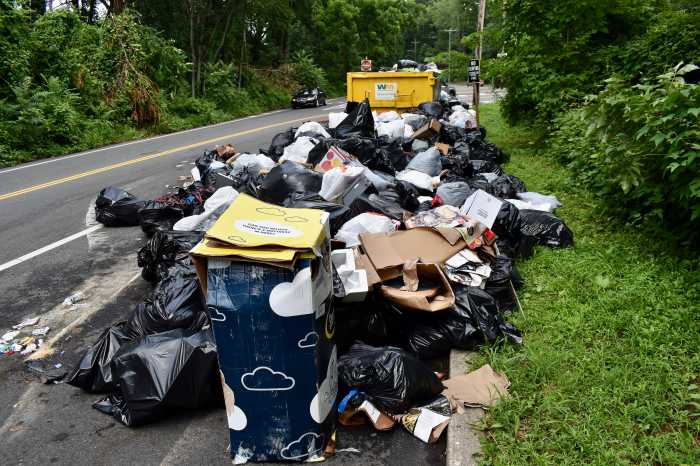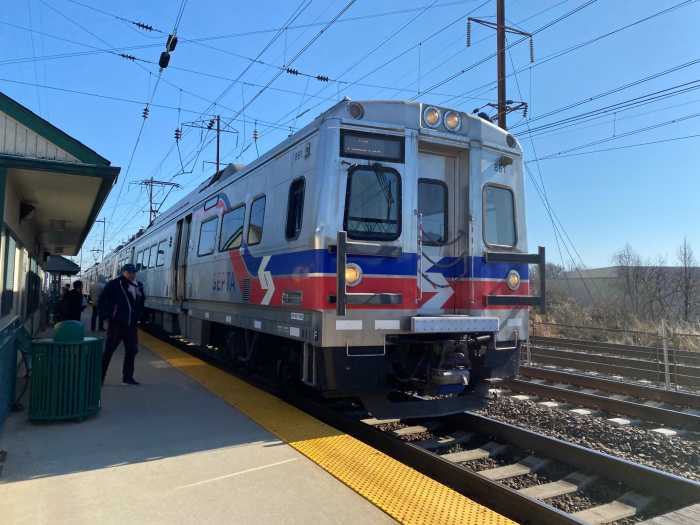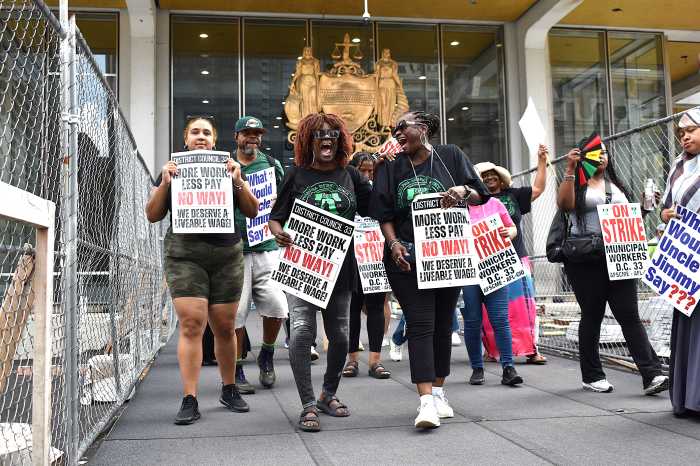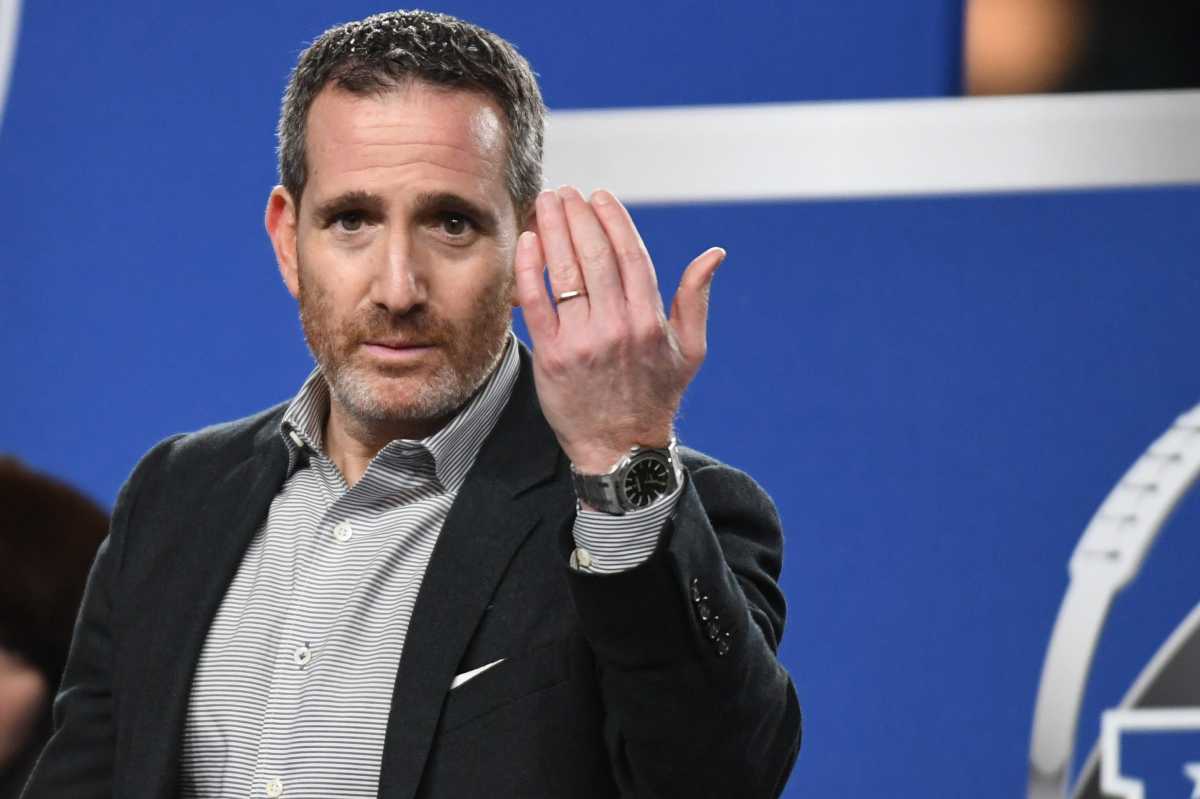SEPTA announced it is pausing the King of Prussia Rail project due to rising costs and high interest rates. The project will not be recommended for federal New Starts funding in Fiscal Year 2024.
According to officials, lack of flexibility in SEPTA’s capital budget prevented the KOP Rail from advancing. In recent discussions, the Federal Transit Administration raised concerns about whether SEPTA could fund its share of the project, which would include cost overruns.
SEPTA will now use resources that had been allocated for KOP Rail to bolster essential infrastructure work.
“SEPTA’s capital budget has been underfunded for decades. This has left the Authority with significantly fewer resources than peer agencies to pursue system expansion while also addressing critical infrastructure needs,” said SEPTA CEO Leslie S. Richards in a statement. “With the funding we have currently, SEPTA must prioritize essential infrastructure work and safety and security improvements to maximize the reliability and effectiveness of our aging system.”
The cost of the KOP Rail increased by approximately $100 million due to inflation and interest rates, according to SEPTA officials. From August 2020 to August 2022, the project estimate increased from $2.08 billion to $2.6 billion. The estimate now stands at $3.02 billion.
“We are disappointed. King of Prussia Rail would have delivered real benefits to our city and region by providing reliable public transportation connecting our three largest employment hubs in Center City, University City and King of Prussia,” Richards added in a statement. “It would have eased congestion on area roadways and reduced air pollution. We greatly appreciate all the hard work that our staff has put into this initiative, and we are grateful for the support of those who advocated for the project alongside us.”
The pause halts all activities on KOP Rail. A contract approved last month for final design was not executed by SEPTA.
“This process further highlights the critical need for new transit funding at the state and local levels. In order to pursue any service extensions in the future, SEPTA needs more support,” concluded Richards.



